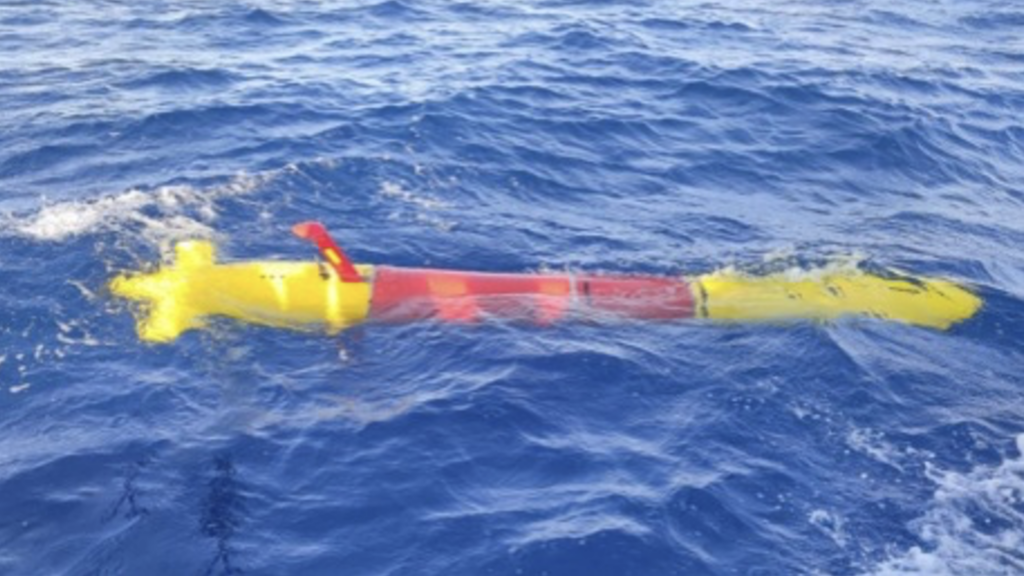http://j.people.com.cn/n3/2024/1024/c95952-20233483.html
Tianjin University’s School of Mechanical Engineering has successfully developed China’s first deep-sea microorganism in-situ sampling autonomous unmanned underwater vehicle (MSAUV). It has achieved multi-site, multi-scale, highly automated, and high-fidelity in-situ sampling, preservation, and analysis of deep-sea microorganisms.
The MSAUV is equipped with a deep-sea in-situ microbial sampling device and multiple types of environmental element detection sensors, realizing multi-site, multi-scale, highly automated, and high-fidelity in-situ sampling, preservation, and analysis of deep-sea microorganisms. The results of this device will provide conclusive sample and genetic data support for the discovery and exploration of new species of marine microorganisms, elucidating the diversity patterns and evolutionary laws of marine microorganisms, and the influence mechanisms of microbial carbon pumps and marine carbon sinks.
In May of this year, the project team conducted comprehensive testing of the MSAUV at multiple sites within a depth of 1,000 meters in the South China Sea. This is the first time in China that an autonomous unmanned underwater vehicle has used a deep-sea microorganism to continuously sample multiple sites. It has met the standards in performance and indicators such as maximum sampling depth, number of samples, and maximum single filtered water volume, achieving a seamless connection between in situ sampling, high-fidelity preservation, and nucleic acid preparation of deep-sea microorganisms. This has greatly improved sample quality, shortened the sampling period, and improved the research efficiency of marine microbial habitats.

